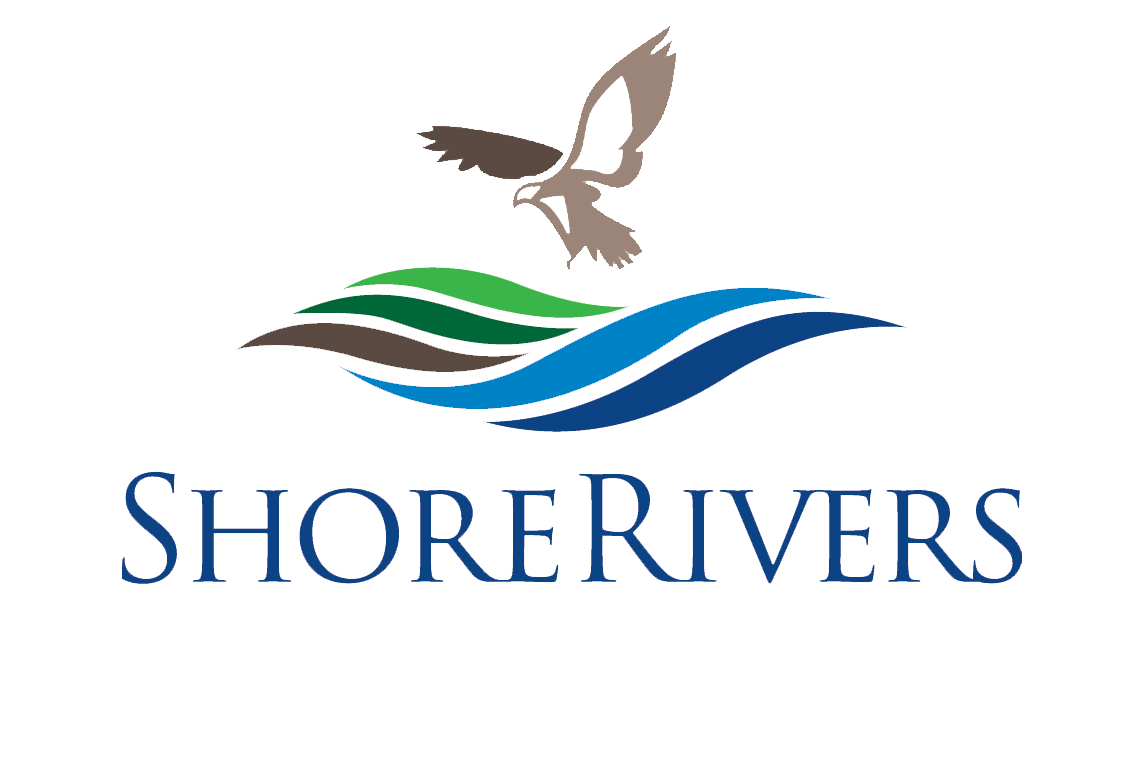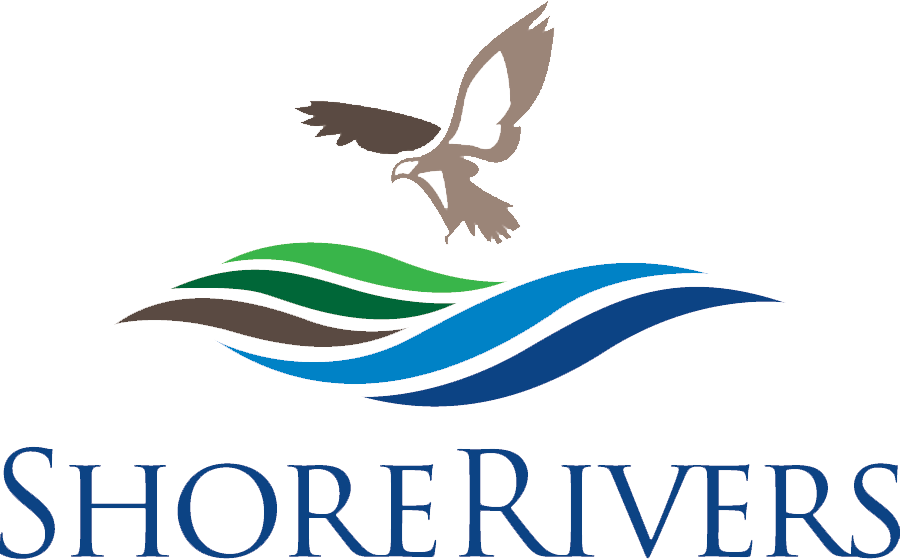Local Maryland Eastern Shore nonprofit organizations ShoreRivers and Dorchester Citizens for Planned Growth (DCPG), represented by their attorneys at Chesapeake Legal Alliance, announce an agreement to settle a lawsuit against Valley Proteins for pollution violations at its Linkwood, Maryland facility. The Chesapeake Bay Foundation and Maryland Department of the Environment (MDE) are also parties to the agreement.
Valley Proteins, LLC operates an industrial plant in Linkwood, Maryland, that uses a chemical process to render chicken carcass parts into protein for animal feed and other products, which it then sells. The plant’s Clean Water Act permit expired in 2006, but the state has enabled the company to continue to operate in Linkwood by administratively extending it for more than 15 years.
In spring 2021, ShoreRivers, DCPG, and Chesapeake Legal Alliance along with co-plaintiff Chesapeake Bay Foundation issued a notice of intent to sue under the Clean Water Act because for years the state had failed to address violations at Valley Proteins, failed to renew the 15-year-old discharge permit, and failed to require corrective actions to modernize their wastewater treatment plant. MDE initiated an enforcement action against Valley Proteins in early 2022 after drone footage captured by ShoreRivers documented increased pollution violations and unauthorized discharges into the Transquaking River watershed.
“It took a team of nonprofits, including the Chesapeake Legal Alliance, to finally force MDE into taking a strong position to protect water quality from one of the State's worst permit violators,'' said Matt Pluta, Director of Riverkeeper Programs at ShoreRivers. “We will remain vigilant in the coming months and years to see that the terms of the consent decree are followed and that any future discharge permit includes the necessary conditions for improving local water quality.”
Acknowledging that more is still needed to fully protect the Transquaking River, DCPG President Fred Pomeroy says: “We regard this consent decree as a potential first step toward reducing the illegal discharges from Valley Proteins that have for years degraded the Transquaking River and threatened public health in the watershed. Now, we call on Maryland’s Department of the Environment to produce a strict new operating permit for the facility which will actually contribute to restoration of the river. Markedly improved water quality downstream from the VP operation will be the ultimate test of the effectiveness of this agreement.”
The consent decree is an important victory toward bringing accountability. It is the strongest enforcement action brought to date against Valley Proteins, LLC in the decade-long period for which they have violated pollution control limits.
“Our clients sought to hold Valley Proteins accountable for illegal pollution discharges and violations of its permit, and we have done just that,” said Patrick DeArmey, Attorney for Chesapeake Legal Alliance. “This enforcement action initiated and led by local nonprofits is exactly the type of community involvement that is at the heart of the Clean Water Act.”
Under the agreement, Valley Proteins will pay $540,000 in civil penalties and $160,000 for water quality monitoring and restoration. Additionally, Valley Proteins will be required to complete upgrades and conduct studies on site including: upgrading stormwater treatment; studying potential groundwater pollution and, if identified, abating it; addressing issues with existing wastewater treatment system, and studying and controlling odor and air emissions. The agreement fell short of requiring Valley Proteins to upgrade their outdated wastewater treatment plant, a condition ShoreRivers and DCPG view as necessary to prevent future violations and protect water quality.
Separate from this consent decree, MDE is expected to issue a new Clean Water Act permit to Valley Proteins this year. MDE released a draft permit for comment earlier this year which proposed an almost four-fold increase to Valley Proteins’ water pollution discharge flow, an expansion that ShoreRivers and DCPG strongly oppose given the facility's extremely poor compliance record.
***
Shore Rivers protects and restores Eastern Shore waterways through science-based advocacy, restoration, and education. A 501(c)(3) working to advocate for strong clean-water laws to ensure a legacy of thriving waterways and help galvanize communities to act to improve the health of our rivers, its core focus is on the Chester, Choptank, Sassafras, Miles, and Wye rivers, Eastern Bay, and the Bayside Creeks.
Dorchester Citizens for Planned Growth a 501(c)3 nonprofit is organized to guarantee a public voice in issues of land and water use. The group pledges to advocate for the promotion, maintenance, and conservation of the natural resources, farmland, waterways and open spaces of Dorchester County.
Chesapeake Legal Alliance is a 501(c)(3) nonprofit organization dedicated to providing free legal services, with a mission to apply the power of the law to protect and restore clean water and promote healthy, resilient ecosystems for communities across the Chesapeake Bay watershed.



